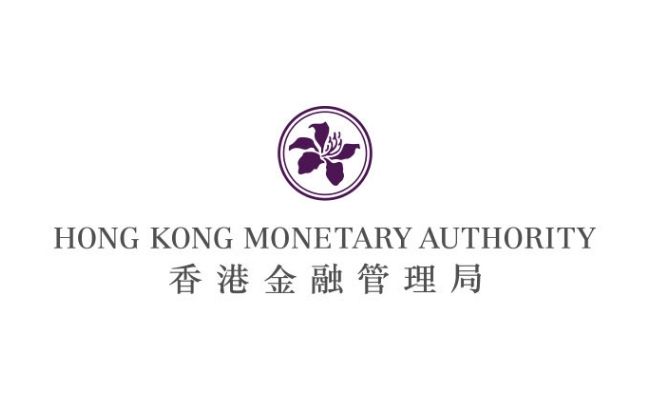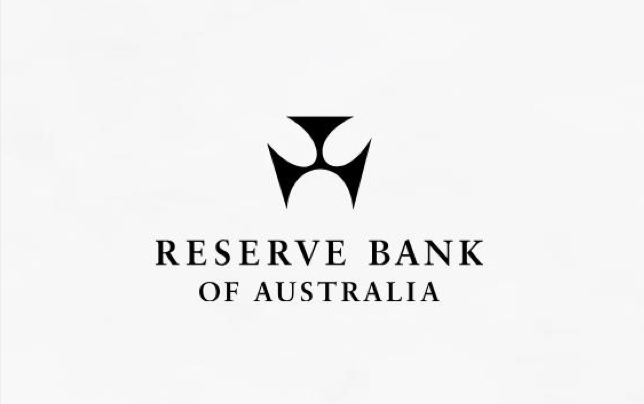
ZhongAn launches insurtech concept to world
Investors excited about idea of merging insurance with big data and internet sales.
ZhongAn Online Property and Casualty Insurance begins trading in Hong Kong this week, launching into public markets a hot emerging asset: the insurance technology, or insurtech, company. The Shanghai-based group, which made a splash in China in 2014 selling quirky insurance products, raised $1.5bn last week, valuing the group at up to $10bn.
The issuer, the first of its kind to go to initial public offering, is expected to start trading on Thursday. ZhongAn uses artificial intelligence and big data to simplify insurance, price risk more finely and distribute cheaply to a mass market via the internet. The business concept is resonating with investors, propelling a batch of start-up insurers to rapid expansion thanks to generous private-equity funding.
ZhongAn’s peers are not exactly household names but private equity players definitely know who they are. Start-ups such as Lemonade Insurance in the US and Gryphon in the UK have raised hundreds of millions of dollars from this market. US-based Oscar Health last year raised $400m from private investors, valuing it at $2.7bn. The funding has set up some of the groups for the obvious next step — a chunky IPO at a rich valuation, from which private equity money can profitably exit.
ZhongAn is backed by some of China’s largest online financial services groups and its public debut has attracted prominent cornerstone investors such as Japan’s SoftBank. ZhongAn’s business model chimes with investors: it sells high volumes of online-only insurance products by partnering with a number of China’s biggest internet groups. The company has sold 5.8bn policies to 460m customers over a three-year period, an almost unfathomable sales record for a traditional insurance group. It said that on a single day in November sold 100m shipping return policies during an online shopping holiday.
The company’s biggest sellers are connected to industries that have had the most growth in China in recent years, such as travel and health, says Linda Sun-Mattison, an analyst at Bernstein. “There has been growth in travel insurance. There is demand for flight delay insurance because a lot of flights are delayed,” she says. “There has also been a lot of growth in health — their health insurance is much cheaper than competitors’. It is in very high demand.” ZhongAn has excellent backers: Ant Financial, Tencent and Ping An Insurance. Ant, an affiliate of Alibaba, operates China’s largest retail payments platform, and Tencent runs the country’s top mobile messaging service. Ping An is one of China’s largest insurers.
The internet companies give ZhongAn access to hundreds of millions of consumers. For example, its top-selling product, a shipping return policy, is sold directly on Alibaba’s shopping platform Taobao and allows shoppers to insure the cost of returning products to vendors. Ctrip, China’s largest online travel group, has helped ZhongAn market “flight delay” insurance, which allows customers to insure against late flights. Customers can buy “cracked screen” insurance when they buy a phone from the website of Xiaomi, a Chinese phonemaker. It has advantaged access to customers where other insurtech doesn’t.
It actually has many of the characteristics of big tech RICHARD HATHERALL, PARTNER AT BAIN & CO “It has advantaged access to customers where other insurtech doesn’t,” says Richard Hatherall, a partner at Bain & Co in Hong Kong. “It actually has many of the characteristics of big tech.” The company uses artificial intelligence and big data to assess the risk of the short-maturity products. Flight-delay insurance can price in weather factors in real time for policies sold just hours before departure time. ZhongAn straddles the lines of tech start-up and large insurer, and that is a hard act for its peers to follow.
Lemonade, for example, has broken ground with its use of artificial intelligence in the insurance industry, Mr Hatherall says. Yet it does not yet know how to reach large numbers of customers. The same applies to many other insurtech groups: Oscar Health has simplified how customers access health insurance; Clover Health uses data analytics to get senior citizens better healthcare services; Ladder Life has streamlined signing up for life insurance.
Many of these companies may eventually be pushed to partner with traditional insurance groups to access new customers. ZhongAn’s business model has its drawbacks too. The company expects to post a loss in 2017. In the first three months of the year, it posted a net loss of Rmb202m, according to its prospectus. Ms Sun-Mattison says ZhongAn’s costs are inflated by payments to partners — its cost ratio is almost double that at some other insurers. That depresses profits. And, she points out, ZhongAn relies on those partners to generate top-line growth. “The question is who needs who more,” she says.





